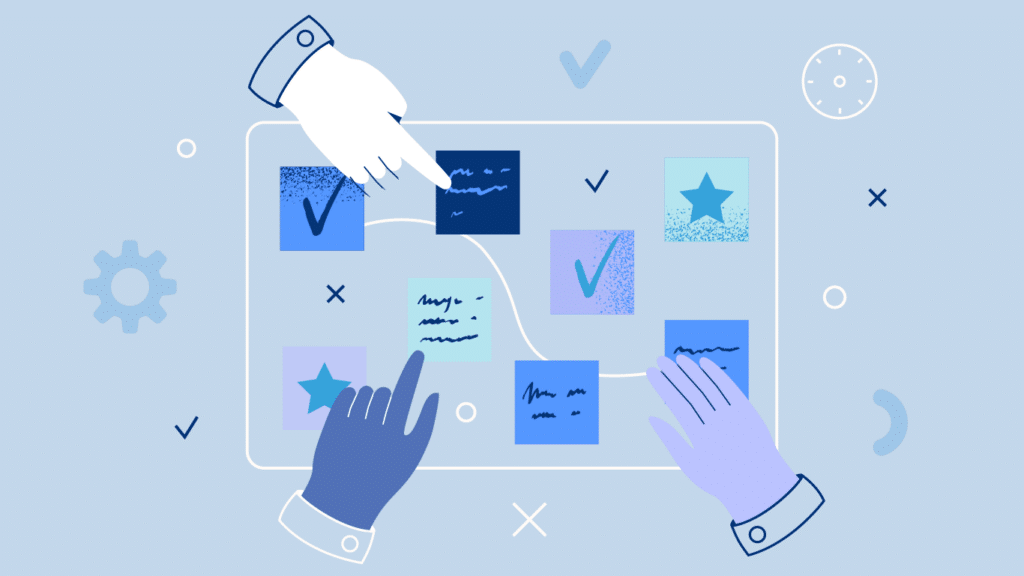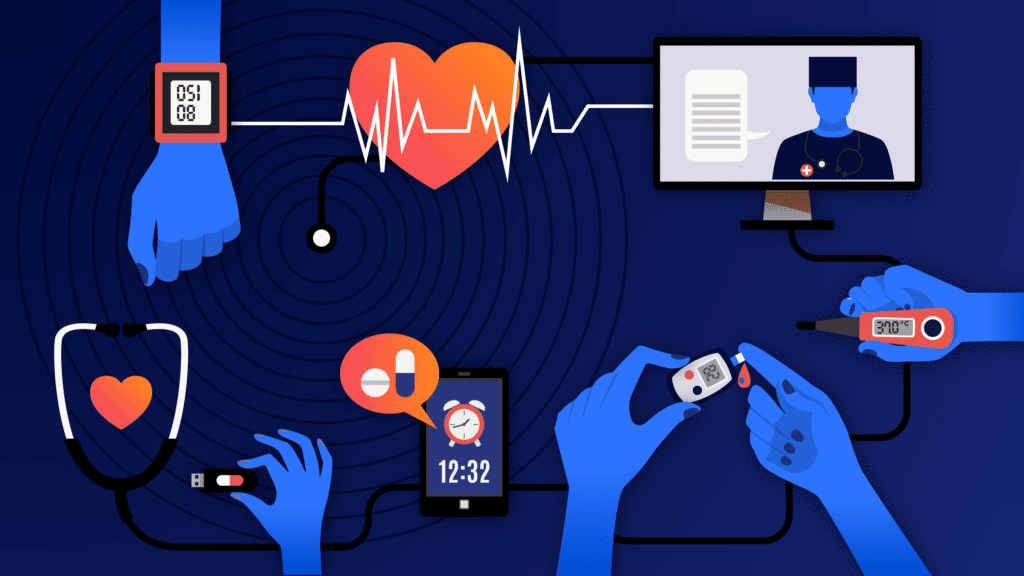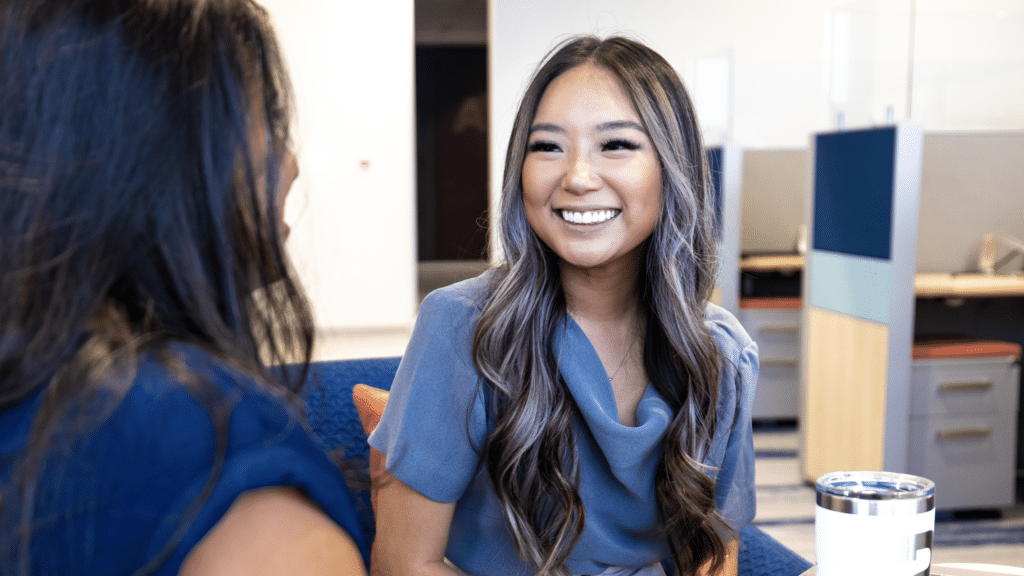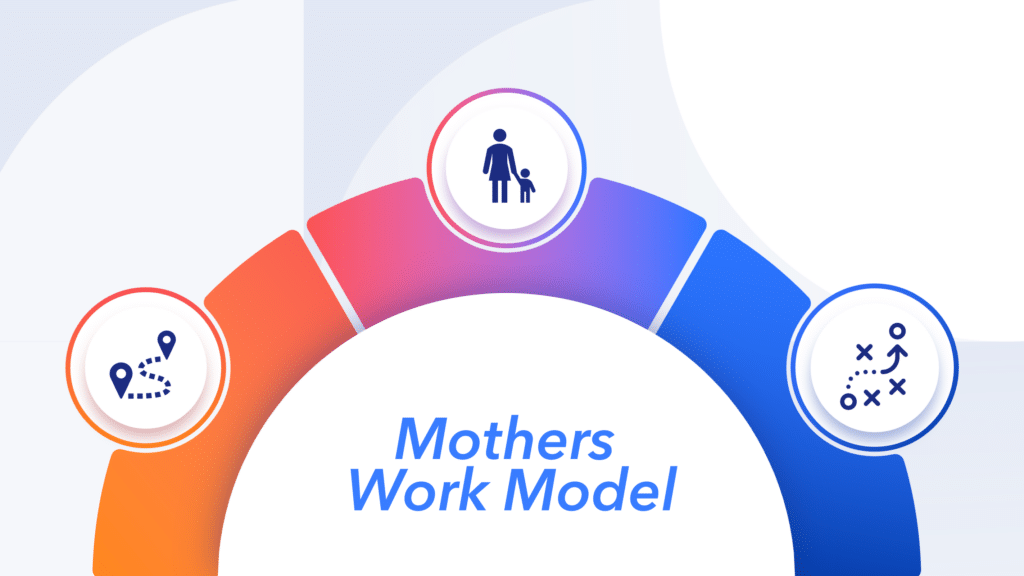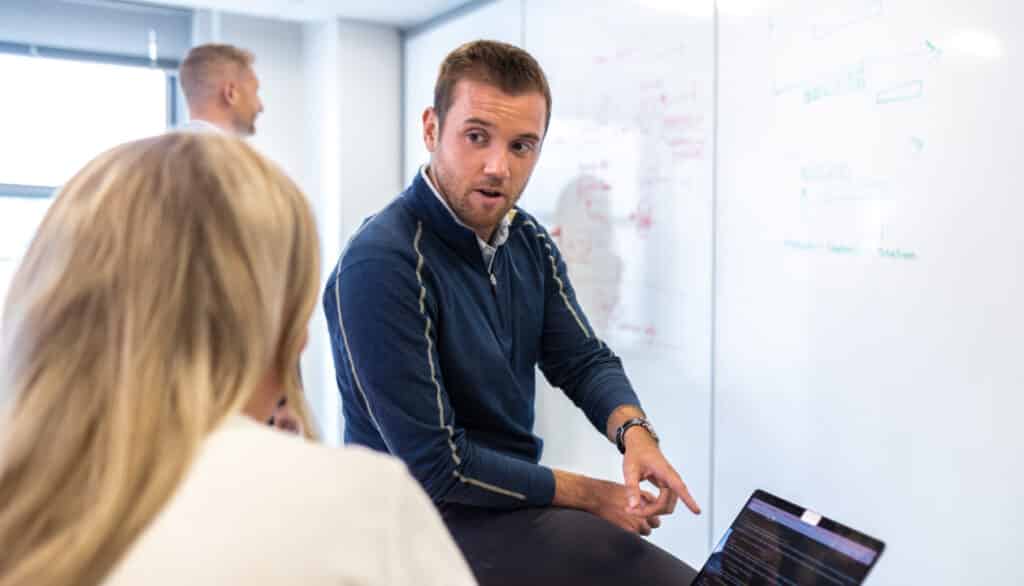Interviewing for a job can be nerve-wracking. It isn’t always clear what the interviewer is looking for or how best to prepare. We want to remove some of that guesswork or the feeling of a ‘gotcha interview’ so you can fully focus on helping us get to know you while you get to know us.
At Pariveda, we have a structured interview process that enables us to get to know you and understand your hard skills, soft skills, and practical knowledge. We’re committed to developing talent holistically and growing first class leaders. To help us better grow our next generation of leaders, a behavioral interview helps us better understand how an individual will react or respond in different scenarios.
The purpose of a behavioral interview
The purpose of a behavioral interview is to understand the experiences and challenges our candidates have faced and the way they have navigated those situations. These stories help us better understand how they might deal with similar situations at Pariveda. In our behavioral interview, we aim to create a space to have an open, honest, and self-reflective dialogue about prior experiences. Given that these conversations can be a bit vulnerable, candidates will find our interviewers to be empathetic, supportive, and helpful.
How to prepare for a behavioral interview at Pariveda
Before any interview, it is helpful to spend time preparing. Following our guidance below will help to set you up for success in our behavioral interview.
Reflect on three different projects or experiences
Think about the past couple of years and reflect on at least three of your different projects and experiences. One example should be something you did that makes you proud. This should be something that can speak to your strengths and humility. If you have prior work experience, it’s great if you could speak to a work-related accomplishment; if you are a graduating student, perhaps an academic example would be good. Another can be an example where you learned something new, whether that is a new technical skill or a soft/interpersonal skill. The third example should be one that challenged you and/or pushed you to rethink your assumptions. These different experiences will create a holistic picture of both your strengths and where you have room to grow and develop.
Practice communicating your experience
When prepping for this interview, consider the structure of how you communicate your experiences. The STAR framework is a helpful example of how to structure stories that provides a clear understanding of the work at hand, your contributions, others involvement, and the end result. We recommend practicing using the STAR framework below. Get comfortable structuring your stories this way before your interview day.
- S – Situation: Describe the context by painting a picture of the situation. Be specific but only include relevant information. Include any challenges or hindrances.
- T – Task: Next, describe your responsibility in that situation. State the task you had to complete. What goal(s) were you working toward?
- A – Actions: Then describe how you completed the task or endeavored to meet the challenge. Give details on the actions you took to complete the task. Focus on what you did rather than what your team or coworker did.
- R – Results: Close with the result(s) of your actions. Emphasize the overall value or impact you created. Include anything you learned from the situation.
Be curious about us and ask questions.
If you have made it this far into our interview process, we hope it is clear that we are interested in you. Bringing questions to an interview is a great way to show you are interested in us. It is also a good opportunity for you to better understand who we are and what we can offer you. Each interviewer you meet along the way can provide you with more insight into Pariveda.
Take time to think about what information we can give you that would better help you in making a decision about us. Here are some general topics you may want to ask about:
- Day-to-day specifics and expectations
- Your interviewer’s experiences at Pariveda
- The company’s short-term and long-term goals and strategies
- Professional development opportunities
- Company culture
Most importantly, be yourself!
The most important thing to remember is that we want you to be yourself. The goal of the interview process is for us to get to know one another to decide if we are the right match. It is important that you show us what makes you, you. We understand there might be some nerves, but we encourage you to take a deep breath, relax, and be yourself.
The behavioral interview is a useful step in the interview process for both the candidate and Pariveda. Our goal is that we come out of the interview understanding more about how you might respond to situations that arise here. And we hope that you will gain an even deeper understanding of who we are and what to expect if you join our team.






